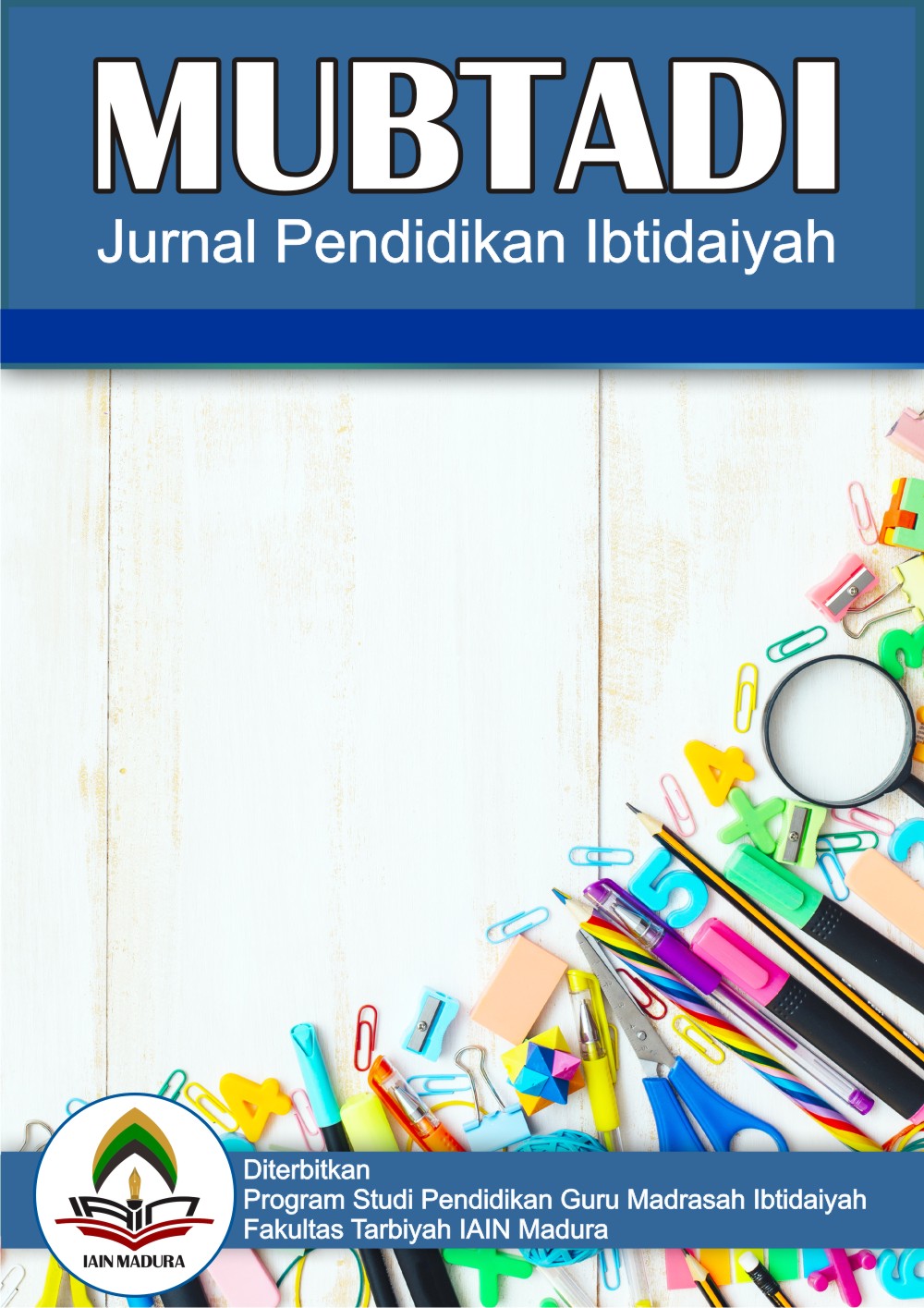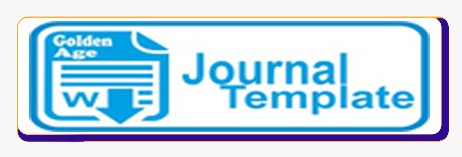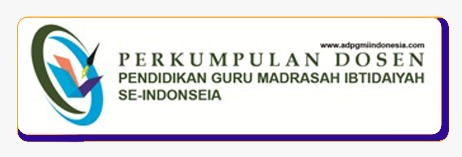THE USE OF THE COOPERATIVE LEARNING MODEL MAKE A MATCH TO IMPROVE MATHEMATICS LEARNING OUTCOMES
 Abstract views: 104
,
Abstract views: 104
,
 pdf downloads: 86
pdf downloads: 86
Abstract
Abstrak
This study aims to enhance the mathematics learning outcomes of sixth-grade students at SDN Kalianget Barat III, Sumenep, by implementing the cooperative learning model known as Make a Match. The research employs Classroom Action Research (CAR), structured in two cycles, each comprising the stages of planning, action, observation, and reflection. Data collection involved administering a questionnaire with 10 targeted questions about the learning process, alongside observational assessments of student engagement and interactions during activities. The findings reveal a significant increase in student understanding and engagement. In the first cycle, only 57.6% of students responded positively regarding their learning experiences. By the second cycle, this figure surged to 96.1%. Such results indicate that students were not only more involved but also more enthusiastic about cooperative learning. This model encouraged active participation, allowing students to collaborate and interact, which in turn fostered a deeper comprehension of mathematical concepts. Reflections on the implementation process further support the conclusion that the Make a Match cooperative learning model effectively enhances student learning outcomes, especially in the context of fraction division. The engaging nature of this method appears to resonate well with students, promoting not just academic success but also a positive attitude towards learning mathematics. Given these promising results, this study advocates for the widespread adoption of the Make a Match model as a reliable educational strategy. By fostering a collaborative learning environment, educators can significantly improve student engagement, understanding, and overall quality of education in the classroom. Future research may explore the long-term effects of this model on various mathematical topics and its adaptability across different educational contexts.
Keywords: Cooperative, Make a Match, Learning Outcomes
Downloads
References
Bima, A.F. and Widodo, W., 2017. Penerapan Strategi Pembelajaran Index Card Match untuk Meningkatkan Hasil Belajar Siswa pada materi termodinamika. Jurnal Penelitian Pembelajaran Fisika, 8(1).
Fathurrohman, M., 2015. Model-model pembelajaran. Jogjakarta: Ar-ruzz media.
Indriana, R.W., 2020. Implementasi nilai-nilai pendidikan kewirausahaan pada program budidaya Cacing Tanah di SMP Negeri 22 Kota Malang (Doctoral dissertation, Universitas Islam Negeri Maulana Malik Ibrahim).
Kunandar, S.P. and Si, M., 2008. langkah mudah Penelitian Tindakan Kelas sebagai pengembangan profesi guru. Jakarta: PT Raja Grafindo Persada.
Nanda, I., 2021. Penelitian Tindakan Kelas Untuk Guru Inspiratif. Indra Nanda.
Pahleviannur, M.R., Mudrikah, S., Mulyono, H., Bano, V.O., Rizqi, M., Syahrul, M., Latif, N., Prihastari, E.B. and Aini, K., 2022. Penelitian Tindakan Kelas. Pradina Pustaka.
Susilo, H., Chotimah, H. and Sari, Y.D., 2022. Penelitian tindakan kelas. Media Nusa Creative (MNC Publishing).
Sutrisno, T. and Ningsih, E.Y., 2024. STRATEGI WALI KELAS DALAM MENGATASI KESULITAN BELAJAR SISWA. Adi Widya: Jurnal Pendidikan Dasar, 9(1), pp.9-19.
Sutisno, T. and Maghfiroh, N., 2024. Peningkatan Hasil Belajar Melalui Strategi Pembelajaran Index Card Match. TADRUSUUN: JURNAL PENDIDIKAN DASAR, 3(1), pp.217-228.
Sutrisno, T., 2023. Peningkatan Prestasi Mata Pelajaran IPS melalui Teknik Pembelajaran Mind Mapping pada Siswa Kelas VI di Sumenep. TARBAWIYAT, 2(01), pp.33-53.
Slavin, Robert E. 2005.Cooperative Learning: Teori, Riset,dan Praktik. Terjemahan oleh Narulita Yusron. 2008. Bandung: Nusamedia
Suhantoro, M., 2017. PEMBELAJARAN MATEMATIKA MENGGUNAKAN METODE THINK-TALK-WRITE UNTUK MENINGKATKAN HASIL BELAJAR PESERTA DIDIK KELAS VA SDN BANJARSARI CERME (Doctoral dissertation, Universitas Muhammadiyah Gresik).
Syaiful Bahri, Djamarah. 2002. Psikologi Belajar. Penerbit Rineka Cipta. Jakarta.
Mubtadi: Jurnal pendidikan ibtidaiyah, adalah jurnal yang tidak berbasis komersial. tetapi memberikan lisensi kepada penulis atas karyanya. naskah penulis yang sudah di muat dapat dibuka oleh siapapun dan dapat diperguanakn oleh siapapun dengan catatan berbagi informasi tanpa dipungut baiaya apapun.



.jpg)










